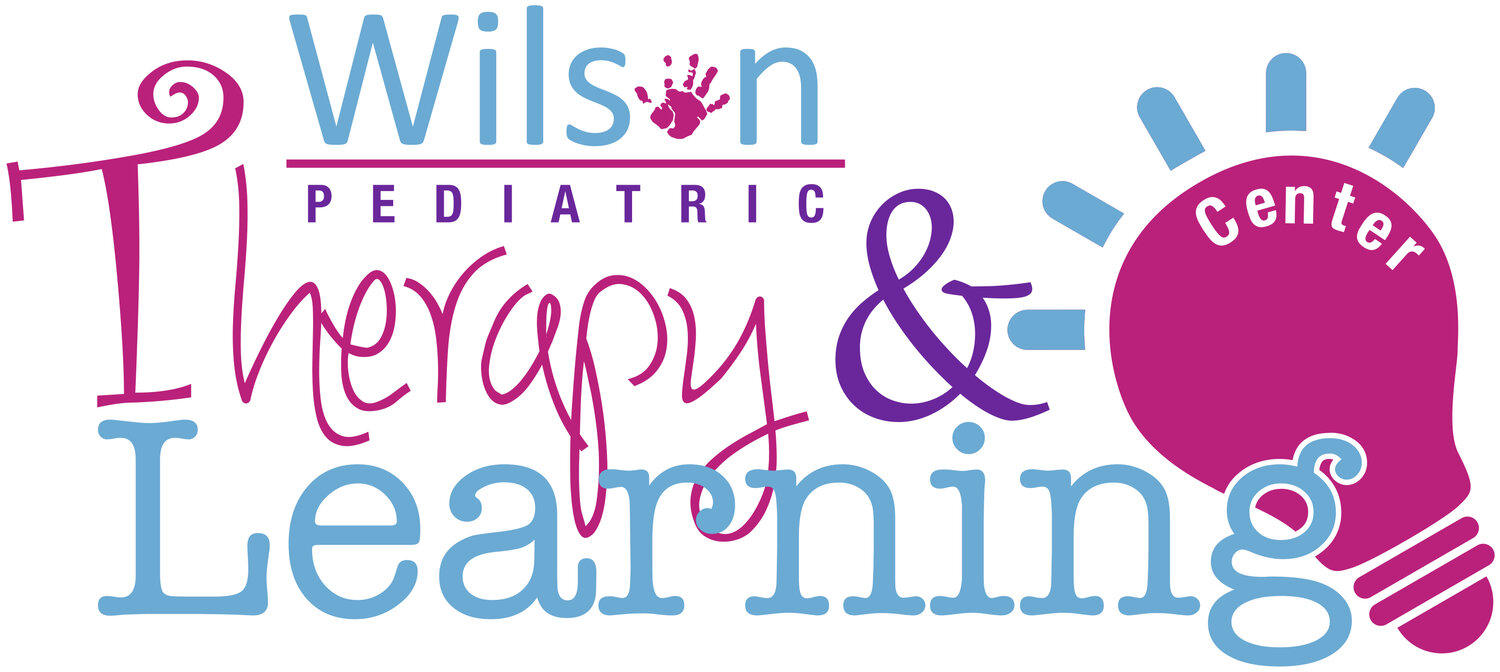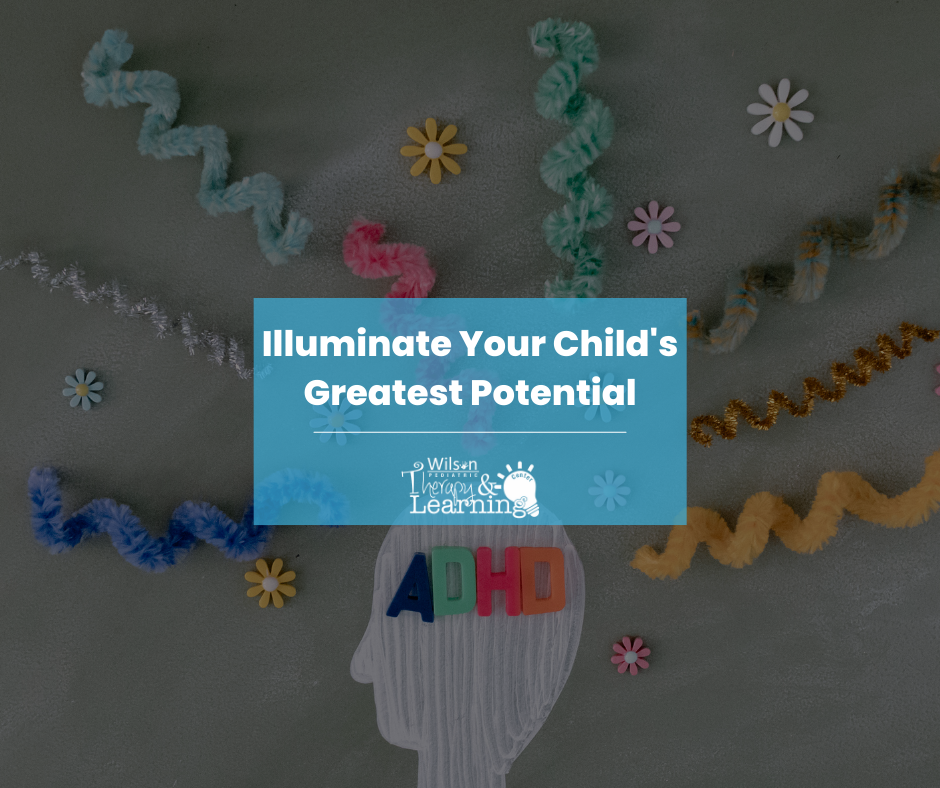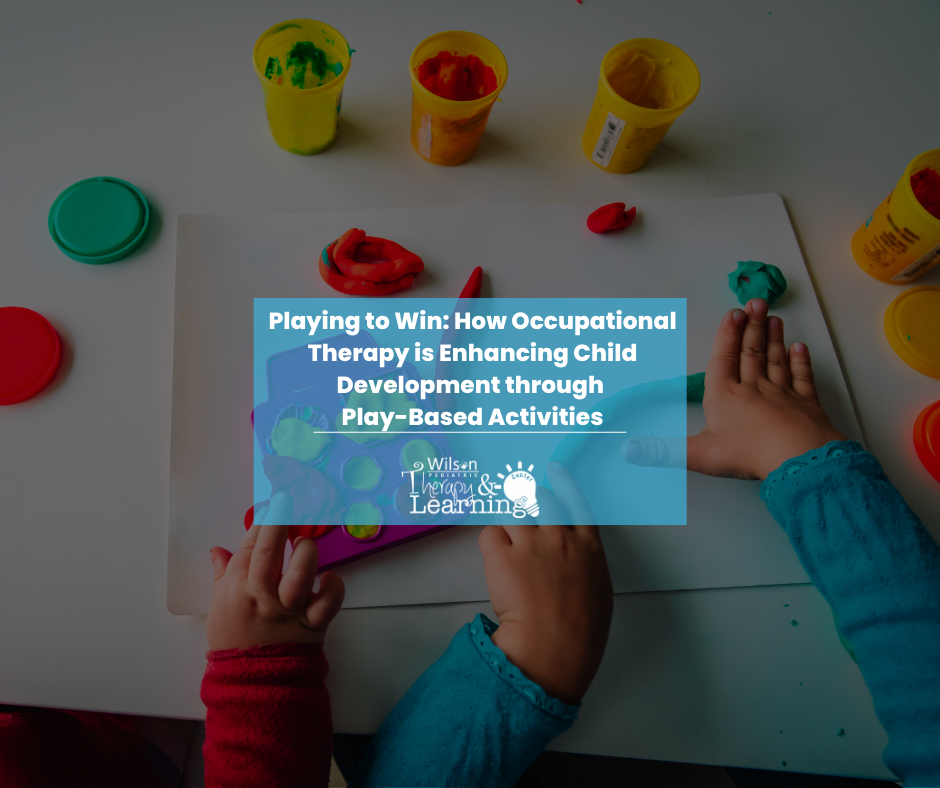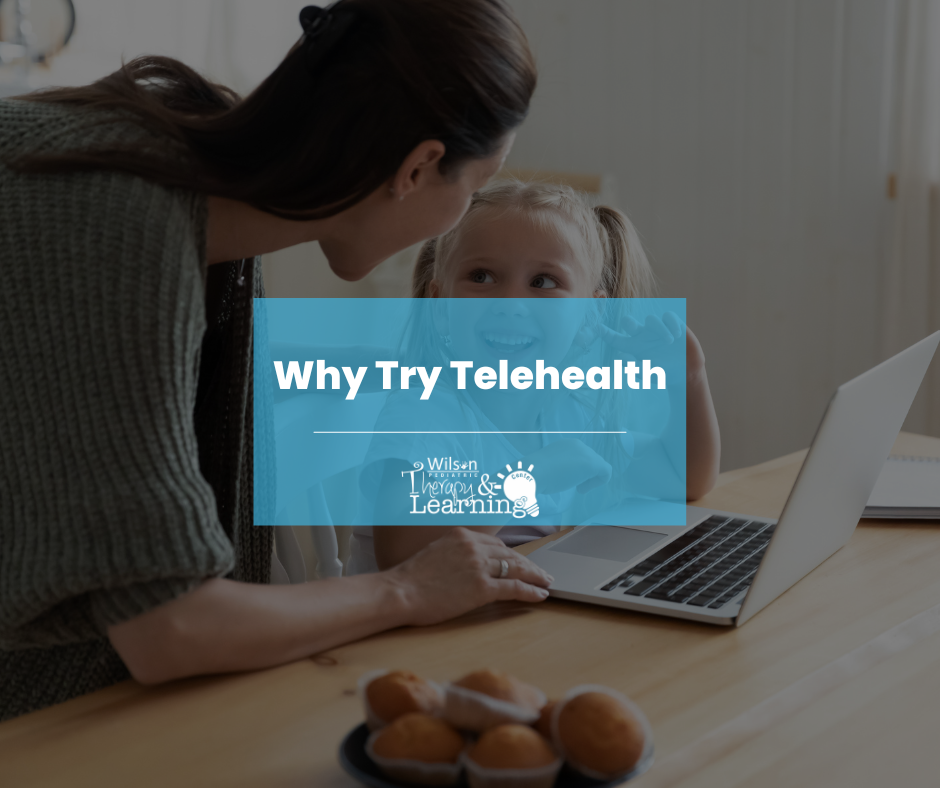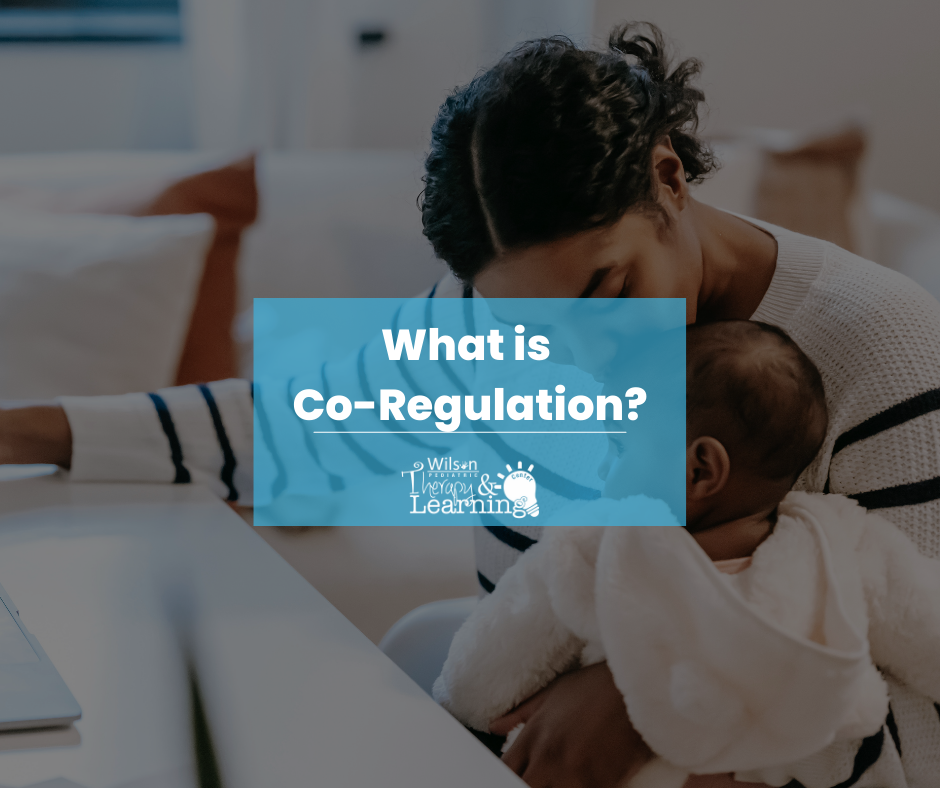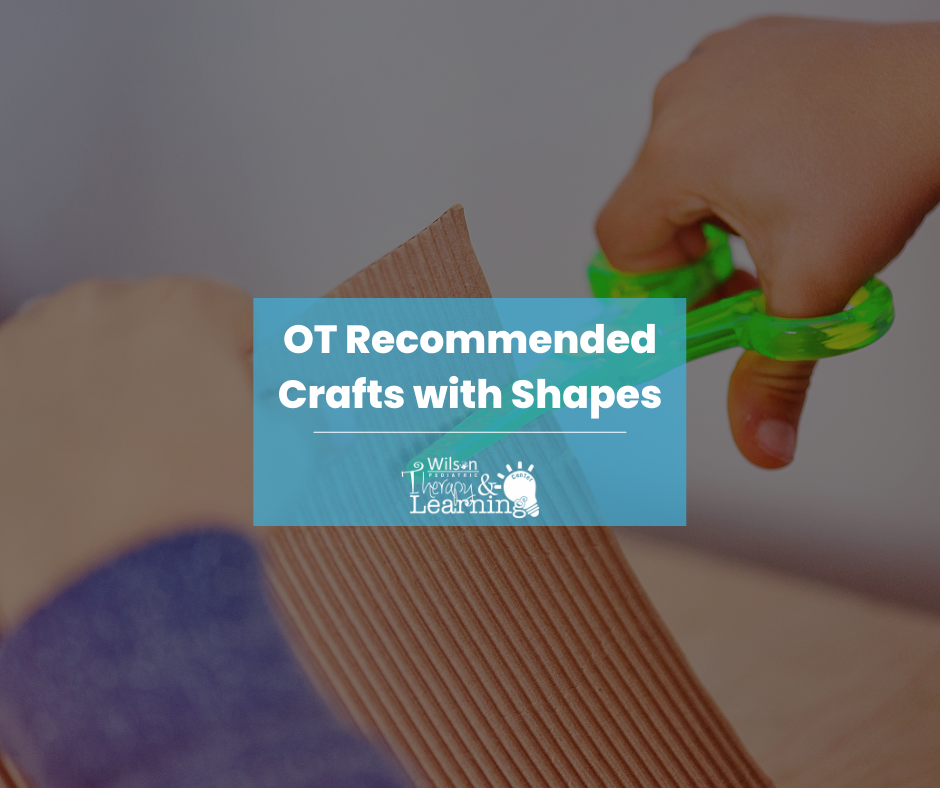What is Co-Regulation?
"Co-regulation" is the supportive process between adults and youth, children and young adults, which promotes self-regulation and the processing of emotions. The term first began to describe how caregivers support infants, but it evolved to describe the regulatory support that can occur across the lifespan. What co-regulation does is allow a child or young adult to observe, learn, and be coached by a caregiver to learn effective self-regulation techniques that they can use. It will enable the adult/caregiver to coach the child through difficult emotional situations.
Signs Of Dyslexia
Dyslexia can be a very complex diagnosis, beyond the classic signs of reading and spelling difficulty there is often an entire iceberg effect of many more challenges the child could be facing that amplify and impact their learning.
What are In-hand Manipulation Skills?
In-hand manipulation is one of the most complex fine motor skills. It involves moving an object within the hand. Usually, this manipulation is used to complete a functional task.
Postpartum Depression
Postpartum depression (PPD) is the most common postnatal complication of pregnancy. According to the World Health Organization (WHO, n.d.), somewhere between 10% and 20% of mothers experience postpartum depression in the first year after giving birth. Factors such as an unplanned pregnancy, a traumatic delivery, existing maternal depression and/or anxiety, a baby having a medical diagnosis or special health care need(s), lack of adequate social support, or maternal history of trauma put a mama at higher risk of developing PPD. While some "baby blues" are common after birth, these generally resolve within 2-3 weeks. However, PPD can pop up at any time within the first year or so after your baby's birth.
Overcoming the Stigma - A Parent Perspective On Getting A Child Evaluated
As parents, our minds are wired to want and to plan for only the best quality of life possible for our children. Our hearts are resistant to the idea that our child’s brain may be wired a little differently than what we envisioned for them, and so too often we may push back when that utopian vision of normalcy we’ve dreamt of is challenged. It’s not that we would love them any less if they do happen to need some extra help…it’s just that sometimes our hearts have a hard time letting go of the preconceived plans and notions we have built up for them and for ourselves as parents. People fear what they don’t understand.- Which I believe is one of the major hurdles in overcoming the common stigma parents carry towards having their child evaluated in the first place.
Can’t find what you’re looking for?
We want to provide you with as much help as possible! Is there a topic you want to know more about? Resources you need? Something you would like help with? Let us know! We will do our best to create blog posts tailored to our families needs.
